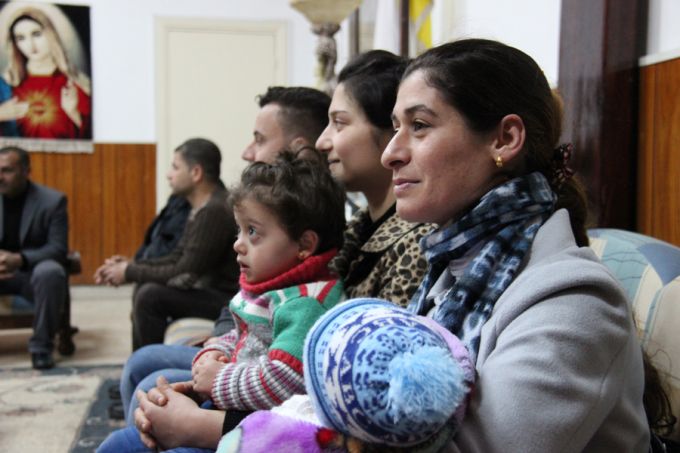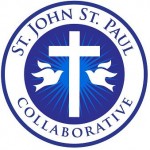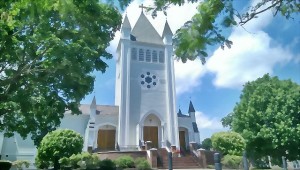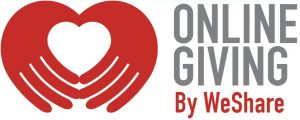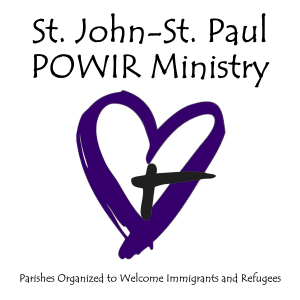For the past three fiscal years, the United States has capped the annual number of refugees it will accept to 70,000 people. There are plans to increase this number to 85,000 people in 2016 and to 100,000 people by 2017. The existing refugee screening processes are rigorous and effective. The vetting process can take up to 24 months and involves several Federal Government agencies including Departments of State, Homeland Security and Health and Human Services.
In partnership with its affiliates, the U. S. Conference of Catholic Bishops (USCCB), through its Migration and Refugee Services (MRS) resettled close to 30% of all refugees coming into the U. S. in 2015. The Catholic refugee resettlement network includes over 100 Diocesan offices across the country, one of which is Catholic Charities/Boston (CC/B). Without volunteers and resources from the community and parishes, USCCB/MRS and its Diocesan resettlement offices would not be able to undertake this tremendous task.
In recent years, CC/B has had to suspend its resettlement of refugee families because housing costs in Massachusetts are prohibitively high. CC/B receives a one-time cash stipend per refugee from the Federal government but it is insufficient to support a family as it gets established in the U. S. CC/B estimates that it needs to raise approximately $5,000 per refugee family to subsidize rent expenses for 6 months. Our Parish Lenten Gift would allow CC/B to restart the resettlement of refugee families.
The resettlement efforts focus on ensuring that refugees attain economic self-sufficiency. According to CC/B the first three months after a refugee family’s arrival are critical: the family needs to secure social security cards, enroll in the food stamp program, sign up for Mass Health and get the children enrolled in school. CC/B has case managers who handle these requirements with each family. At the same time the family must enroll in ESOL classes and job placement services. The goal for each family is to be self-sufficient by 6 months.
But even if a refugee family achieves economic self-sufficiency by 6 months, it takes much longer to acculturate and this is where our Parish can also help. CC/B needs volunteers to help refugee families learn ‘soft’ skills including employment coaching, English language conversation, and life skills such as grocery shopping (how to use coupons, for example), financial literacy, and how to negotiate public transportation among other things.
Just imagine what a refugee family’s experience entails: it starts in fear, with the trauma of having to leave behind family, a profession and possessions, and entails suffering along the way as well as a sense of disorientation before an uncertain future.
So this year’s Parish Lenten gift could have a one-two punch. First, we will raise funds for CC/B in order to subsidize the expenses of resettling refugee families in the U. S. But we could also develop long-term relationships with these families not only to help them learn ‘soft’ skills but also to “welcome the stranger” as Matthew’s Gospel instructs us.
Next week we’ll follow the journey of a refugee family from Somalia.

